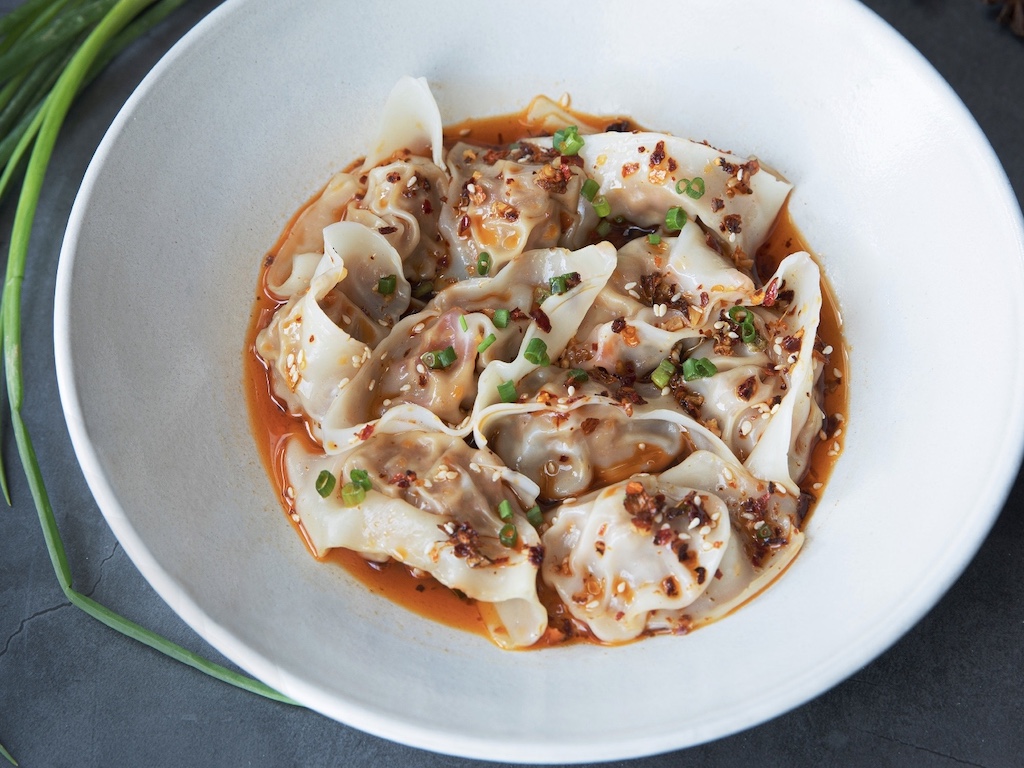3 Mins Read
Chinese plant-based meat company Starfield Food Science & Technology has made history with a $100 million Series B investment round, the country’s largest ever for a vegan protein brand. Beijing’s Primavera Capital Group led the round, which closed in early January. Other investors included Alibaba’s CSO Ming Zeng and existing backers Joy capita; and Lightspeed China partners, amongst others.
Starfield says the funding will be used to significantly increase production capacity. R&D capabilities will be improved, too, specifically to enhance taste and texture profiles of plant-based meats. Team expansion, wider marketing, and brand awareness campaigns are all set to be bolstered by the capital investment.

Making history for a better future
Securing China’s biggest single investment into alternative protein development hasn’t altered company objectives. “Starfield will continue to launch more affordable, delicious, and healthy plant-based green foods based on plant protein technology,” CEO Kiki Wu said in a statement. “to create a better eating experience for our target market of Generation Z – in turn, delivering more sustainable lifestyles.”
To boost production, a new large-scale manufacturing plant is being constructed. Starfield’s first commercial factory, it will be equipped to produce “hundreds” of vegan meat variations including chunks, mince, and whole-cuts. By bringing everything in-house, the company says it will help with reducing costs across the board. It has projected product pricing to be brought below other animal meat alternatives.
Extensive outreach
Commercially, Starfield produces self-branded items that are sold commercially through third-party retailers. The company describes this as a B2B2C model. 14,000 outlets, including restaurants, stock its products, accounting for more than 100 significant brand partnerships.
A focus on local taste preferences is what investors have been impressed by. “Starfield’s products are in line with [China’s] national carbon neutrality development goal, and have clear health advantages from the consumer level,” Wang Yang, founding partner of Primavera Capital Group said in a statement. “They are more in line with Chinese tastes and are more affordable [than other meat alternatives]. They are localized and younger.”
Starfield itself notes that its technological advancements have given it an advantage. Working with Wageningen University & Research, amongst others, it has been able to replicate textures that allow for whole-cut developments. Almost 30 patent applications have been submitted for proprietary “enzymatic cross-linking” techniques.
Alongside production premises completion and team expansion, Starfield plans to launch new products. Braised beef, chicken thigh steaks, and pork chops are all expected to launch.

An answer to China’s appetite for animal meat
90,000 deaths per year in China are attributed to ammonia pollution. Meat consumption has been intrinsically linked to the findings. China’s growing alt-protein offers a potential solution if meat-eaters can be persuaded to switch to healthier alternatives.
In addition to outside brands entering the market, domestic operations are contributing to a mindset shift. Beijing-based Marvelous Foods has secured $1.2 million to build out its plant-based dairy portfolio.
In Shanghai, Hero Protein is building on its initial launch in January 2021. With a new CEO in place, the brand aims to be a “plant-based powerhouse” that meets the demands of newly health-conscious Chinese consumers.
Zhenmeat, once labelled as China’s answer to Impossible Foods, continues to develop its plant-based meat that can be substituted into classic Chinese cuisine. Crayfish and pork tenderloin alternatives were the last developments to be announced.
All images courtesy of Starfield.




